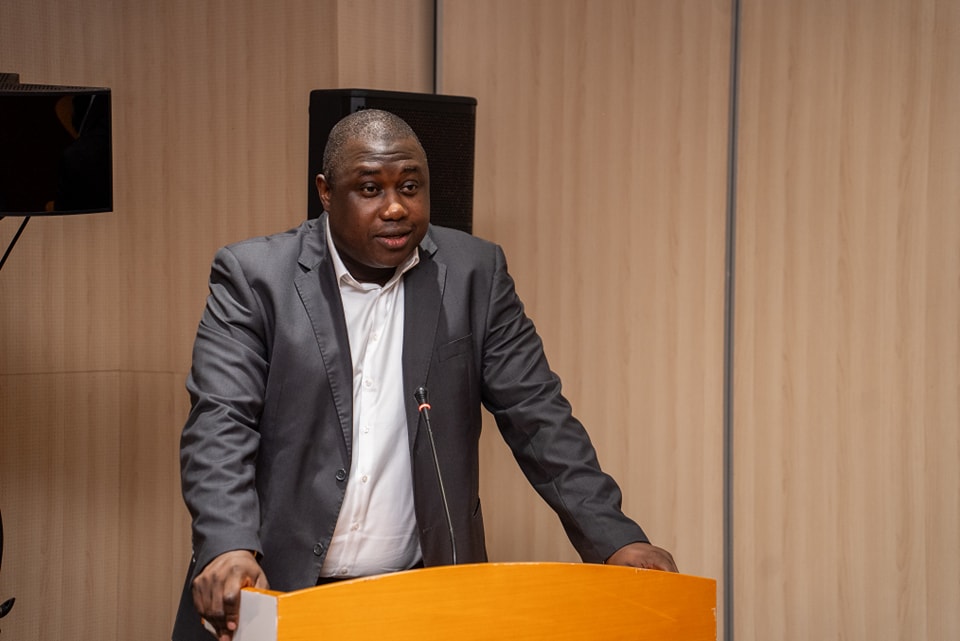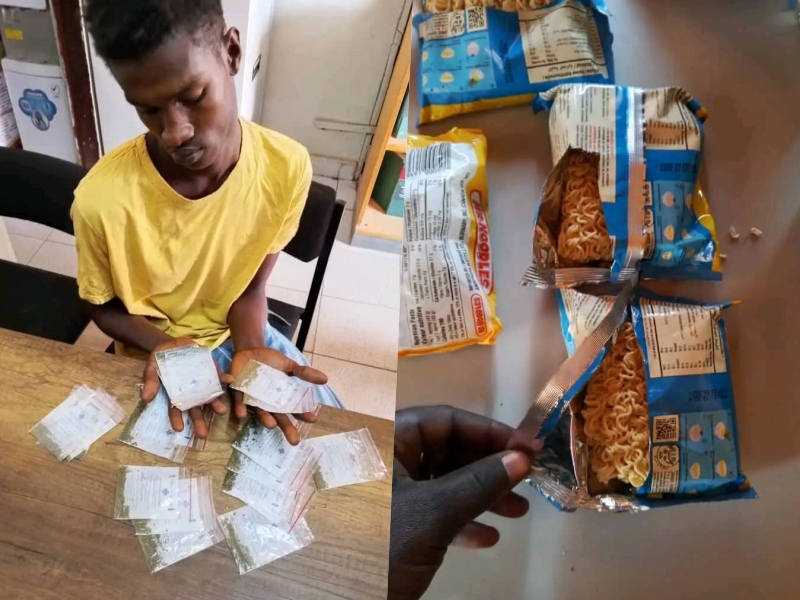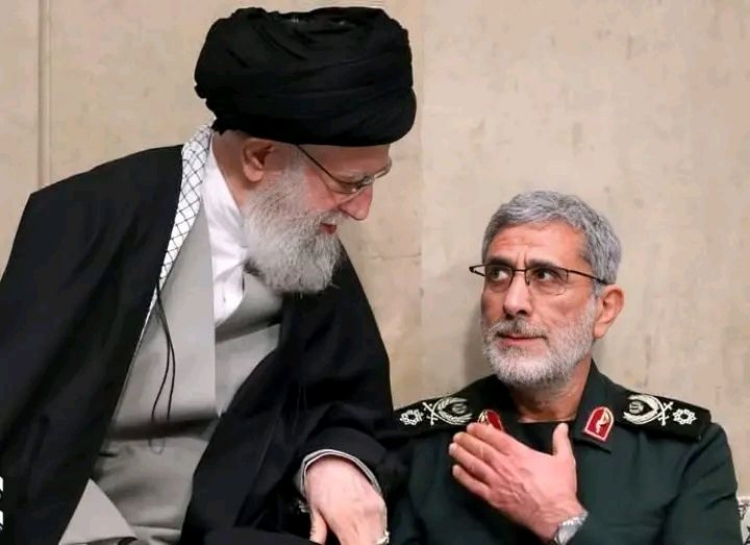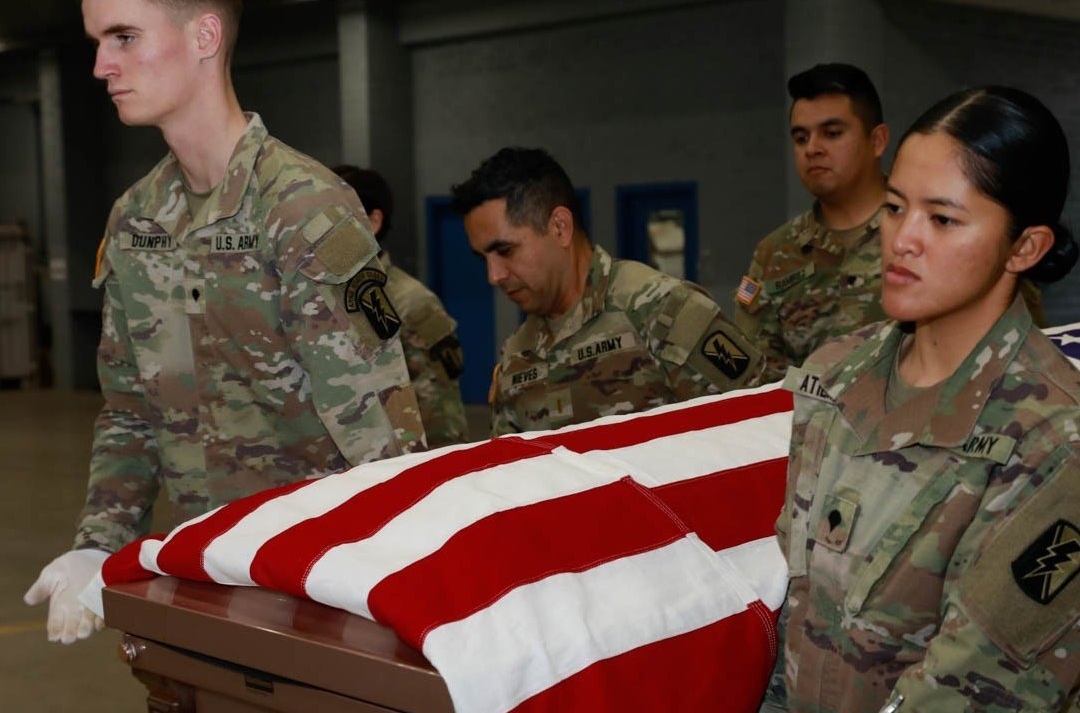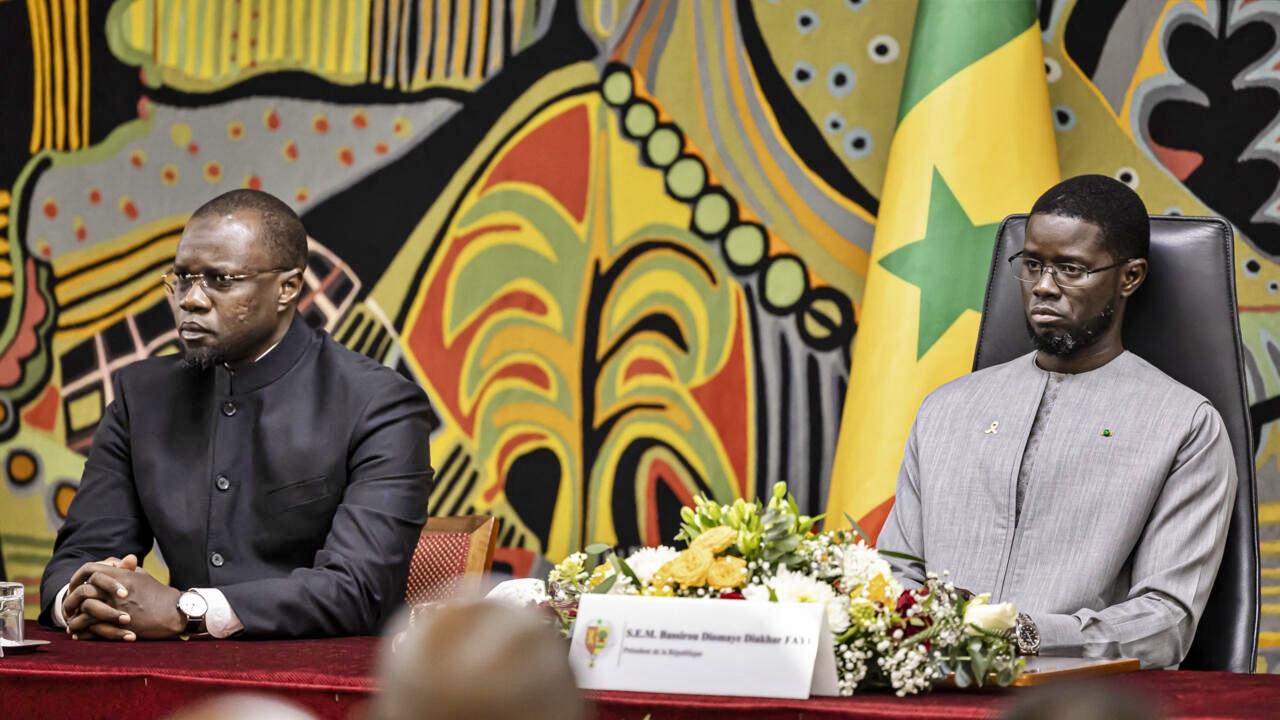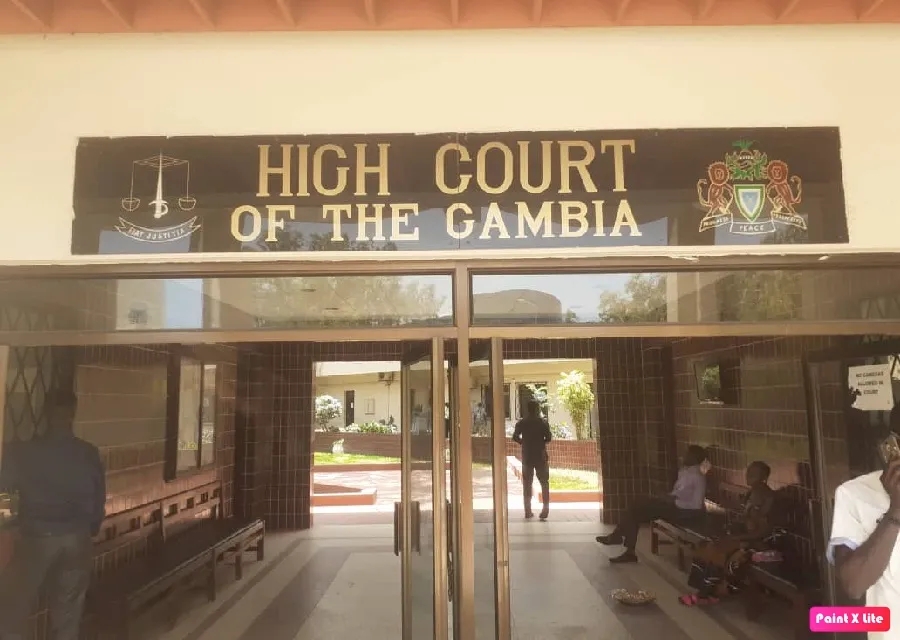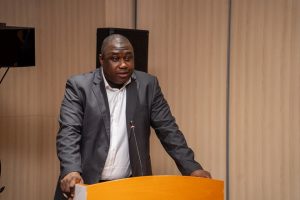Gambiaj.com – (BANJUL, The Gambia) – The High Court of The Gambia has acquitted and discharged Mansa Sumareh and Ebrima JS Sanneh of all charges in a high-profile case involving allegations of forgery and uttering false documents in connection with a diplomatic passport application.
The case, which lasted five years, centered on prosecution claims that the two men conspired to unlawfully obtain a diplomatic passport using falsified documents purportedly approved by the Office of the President.
Delivering judgment, Justice Ebrima Jaiteh ruled that the prosecution failed to prove its case beyond a reasonable doubt, stressing the importance of credible, consistent, and verifiable evidence in criminal proceedings.
The court found that the prosecution’s case was weakened by contradictions, omissions, and gaps in the testimonies of key witnesses, as well as the absence of crucial procedural documentation.
Prosecution Witnesses Undermined by Contradictions
Among the witnesses, Momodou Sowe (PW4), a senior protocol officer at the Office of the President, admitted to drafting a fake approval letter, claiming he did so to “rid himself of the 1st accused’s pressure.” Justice Jaiteh described his testimony as implausible, self-serving, and lacking corroboration.
Bakary Susso (PW8) alleged that he made several payments to the first accused but could not provide any receipts, bank records, or witnesses to support his claims. The judge held that uncorroborated oral assertions were insufficient to establish guilt.
Kebba Drammeh (PW6), a principal records officer at the Office of the President, admitted to stamping an approval letter without verifying its authenticity. Justice Jaiteh described his conduct as “reckless and negligent,” further eroding the credibility of the prosecution’s case.
Defense Account, Court’s Findings, and Judgment
The defense provided detailed evidence showing that the approval letter in question followed legitimate verification procedures. According to their testimony, the letter was stamped at the Office of the President after verification steps involving several officials, including Commissioner Jammeh at the Immigration Department.
The accused denied any involvement in forgery or conspiracy, asserting that they merely followed standard procedures. The court found no evidence of collusion or prior agreement between the accused, dismissing the conspiracy charge under Section 368 of the Criminal Code.
Justice Jaiteh emphasized that the burden of proof lies entirely with the prosecution, and in the face of unreliable testimony and missing documentation, the accused must receive the benefit of the doubt.
He also noted that the prosecution failed to file its final written argument, despite being granted sufficient time, which further demonstrated the incompleteness of their case.
In conclusion, Justice Jaiteh held that the evidence presented was insufficient, inconsistent, and incomplete, falling short of the legal threshold required for conviction.
“Credible, cogent, and corroborated evidence is indispensable in criminal trials. In its absence, the accused cannot be lawfully convicted,” Justice Jaiteh stated.
Accordingly, all charges against Mansa Sumareh and Ebrima JS Sanneh were dismissed, and both men were acquitted and discharged, marking the end of a protracted five-year legal battle.



